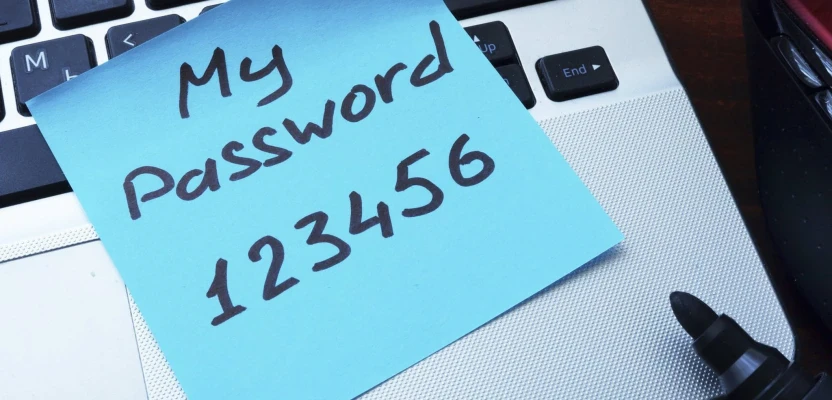
The NordPass report lists the most common passwords that millions of people use.
Although passwords keep our private information safe, hackers can easily get through ones that are too easy to guess or too simple. NordPass, a company that helps people keep track of their passwords, has released its annual report on the most common passwords. The report says that a lot of users don't come up with very creative passwords.
Researchers from outside of NordPass and themselves looked at 4.3 terabytes of data from the open web. The company does stress, though, that users' private information was not lost or stolen. A study that looked at data from 35 countries and 8 types of platforms found that most passwords are made up of random numbers.
The password "123456" was used over 4.5 million times, making it the most common choice. NordPass says that anyone can break into it in less than a second. More than 4 million times, the "admin" password has been broken. After that comes a string of numbers like "1234", "12345678," or "123456789."
Some of the words on the list are "password," which can be cracked in less than a second, and "UNKNOWN," which can be cracked in 17 minutes.
The password "P@ssw0rd" has been used 135,424 times and can be broken in less than a second, even though it seems unique.
Number-based passwords are by far the most common type. "qwertyuiop" is the most common password. To get "qwertyuiop," swipe across the top row of keys.
NordPass can also look at passwords based on country. In the US, "123456," "password," and "admin" are all common passwords. The 16th most common password, "sh**bird," has been used 4,230 times and only takes five minutes to figure out.
It is known that different platforms affect how people make passwords. This means that "amazon" is the fourth most common password for online stores.
This is a common password for streaming services: "netflix." NordPass found that the passwords for streaming services are the least secure.
The trends this year aren't too different from what we've seen in past NordPass reports. People usually choose words like "password" and "12345" as their passwords.
However, NordPass says that malware is still a major security risk, even though technology is making passwords harder to crack. Strong passwords are at least 20 characters long, use a mix of capital and lowercase letters, don't contain any personal information that is easy to figure out, and are unique for each platform the user logs into.



Comments 0